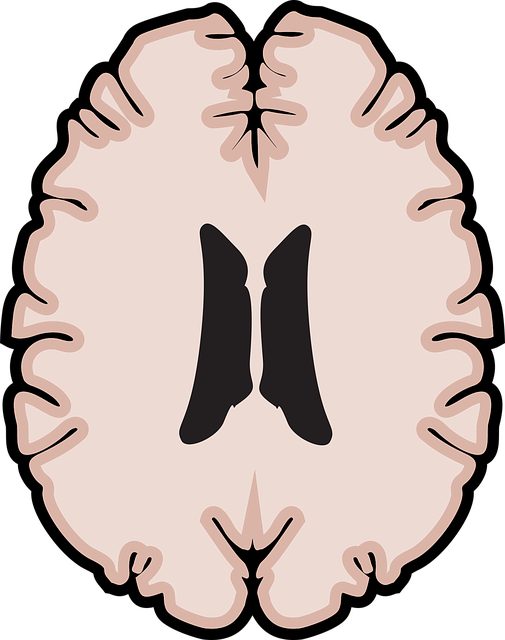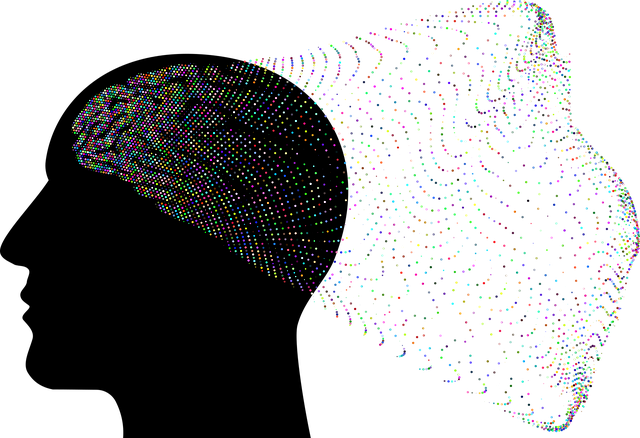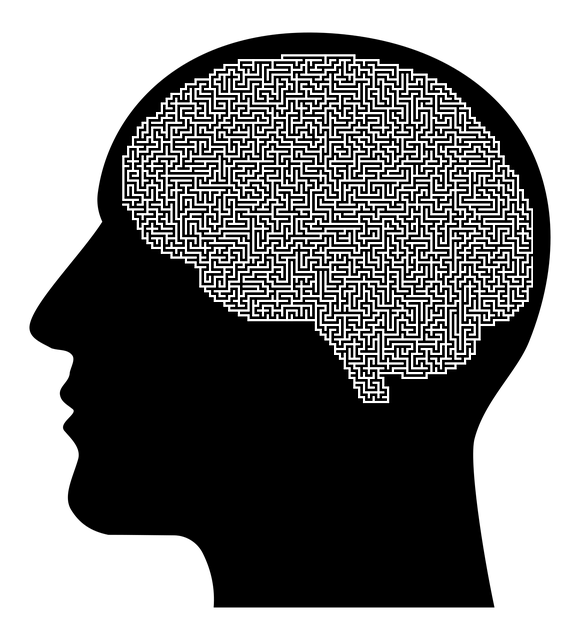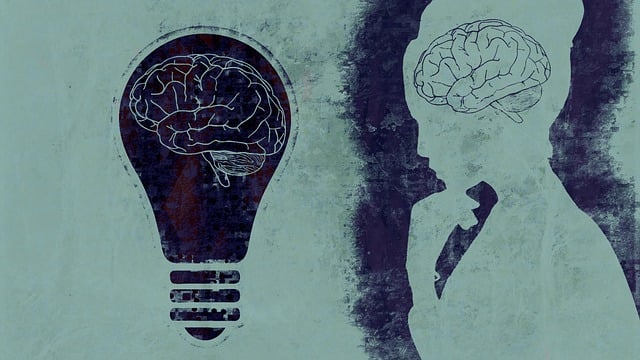Mental health data analysis plays a crucial role in understanding and addressing societal challenges, including those faced by individuals seeking therapy, such as those at Boulder Women’s Issues Therapy. This article delves into the intricacies of analyzing and interpreting mental health data. We explore collection methods and sources, emphasize the importance of data preprocessing and cleaning, discuss advanced analysis techniques, and detail how findings can guide treatment approaches and policy decisions. Additionally, we examine current challenges and future prospects in this evolving field.
- Understanding Mental Health Data: Collection and Sources
- Preprocessing and Cleaning of Data for Accurate Analysis
- Techniques for Mental Health Data Analysis
- Interpreting Findings to Inform Treatment and Policy
- Challenges and Future Directions in Mental Health Data Interpretation
Understanding Mental Health Data: Collection and Sources

Understanding Mental Health Data involves recognizing the diverse sources and methods through which it is collected. In today’s digital age, data on mental health can stem from various platforms, including electronic health records (EHRs), wearable devices tracking biometric indicators, online surveys, and mobile applications focused on emotional well-being promotion techniques. These sources offer a comprehensive view of an individual’s or population’s mental state, offering insights into stress levels, burnout prevention strategies for healthcare providers, and even predicting potential emotional healing processes.
For instance, Boulder Womens Issues Therapy has been utilizing data from these sources to gain deeper understanding of their clients’ emotional well-being. By collecting and analyzing this data, they can tailor their services more effectively, addressing specific needs and enhancing overall mental health outcomes. This data-driven approach not only aids in identifying trends but also plays a pivotal role in developing innovative strategies for burnout prevention among healthcare providers who are continually exposed to high stress levels.
Preprocessing and Cleaning of Data for Accurate Analysis

Before any data analysis or interpretation can take place, especially in sensitive areas like mental health, proper preprocessing and cleaning of data are paramount. This initial step involves meticulous scrutiny to ensure the accuracy, integrity, and relevance of the dataset. For instance, in the context of Boulder Women’s Issues Therapy, researchers must carefully handle confidential patient information while removing any irrelevant or duplicate entries.
The process includes several techniques tailored to address specific challenges in mental health data. This may involve dealing with missing values through imputation methods that respect the nature of the data, such as using statistical models that consider emotional intelligence and mood management factors. Additionally, normalizing quantitative measures and encoding qualitative data ensures consistency and facilitates reliable analysis. By employing these empathy building strategies, researchers can produce clean datasets that accurately represent the therapeutic journey of patients in Boulder.
Techniques for Mental Health Data Analysis

In the realm of mental health data analysis, various techniques are employed to gain insights from patient records and research studies, ultimately enhancing care at facilities like Boulder Womens Issues Therapy. Statistical methods, such as regression analysis and machine learning algorithms, play a pivotal role in identifying patterns and trends within large datasets. These tools enable healthcare professionals to predict outcomes, personalize treatments, and make data-driven decisions. For instance, analyzing patient demographics and treatment responses can help tailor interventions for specific groups, ensuring more effective care.
Moreover, qualitative analysis techniques are crucial for interpreting subjective experiences and narratives shared by individuals seeking therapy at Boulder Womens Issues Therapy. This involves coding and categorizing text data from interviews or surveys to uncover common themes and challenges faced by patients. Integrating these approaches, along with Risk Management Planning for Mental Health Professionals and Healthcare Provider Cultural Competency Training, facilitates a comprehensive understanding of mental health issues. Furthermore, promoting Self-Care Routine Development for Better Mental Health among practitioners is essential to maintain resilience and provide high-quality care over time.
Interpreting Findings to Inform Treatment and Policy

Interpreting findings from mental health data analysis is a pivotal step in effectively guiding treatment approaches and shaping policies that address pressing women’s issues in Boulder and beyond. By delving into the insights gained, therapists, policymakers, and advocates can make informed decisions tailored to the unique needs of their communities. This process involves identifying patterns, trends, and correlations within the data, which may reveal underlying factors contributing to mental health challenges. For instance, a comprehensive analysis could highlight the prevalence of trauma among young adult women, prompting the development of targeted Trauma Support Services.
Additionally, understanding these findings can foster the implementation of effective communication strategies in public awareness campaigns. By translating complex data into accessible information, these campaigns can raise awareness about mental health issues, reduce stigma, and encourage individuals to seek help. Such strategic initiatives have the potential to revolutionize mental healthcare access, ensuring that resources are allocated efficiently and effectively to support vulnerable populations, including those seeking Boulder Womens Issues Therapy.
Challenges and Future Directions in Mental Health Data Interpretation

Despite significant strides in mental health awareness, interpreting data from various sources remains a complex challenge. The diverse nature of mental health issues, coupled with individual variability in presentation and response to treatment, complicates straightforward analysis. Accurately identifying patterns and trends within datasets requires sophisticated statistical methods and ethical considerations, especially when dealing with sensitive information about individuals’ well-being.
Looking ahead, the future of mental health data interpretation lies in integrating novel technologies and enhancing collaboration between researchers, clinicians, and policymakers. Leveraging artificial intelligence and machine learning algorithms could lead to more precise predictions and personalized interventions. Furthermore, designing effective Mental Health Education Programs tailored to specific demographics, such as the unique needs of women seeking Boulder Womens Issues Therapy, can foster better understanding and Confidence Boosting strategies within communities. Ultimately, continued investment in research infrastructure and data sharing initiatives will be vital for unlocking insights that drive evidence-based practices, ultimately improving Stress Management outcomes for all.
Mental health data analysis is a powerful tool for understanding and addressing societal challenges, especially when considering specific populations like those seeking therapy at Boulder Women’s Issues. By effectively preprocessing and interpreting this data, we can uncover insights that drive evidence-based treatment strategies and policy changes. As technology advances, the field of mental health data interpretation will continue to evolve, presenting opportunities to enhance support systems for individuals in need, ensuring a brighter and healthier future for all.














